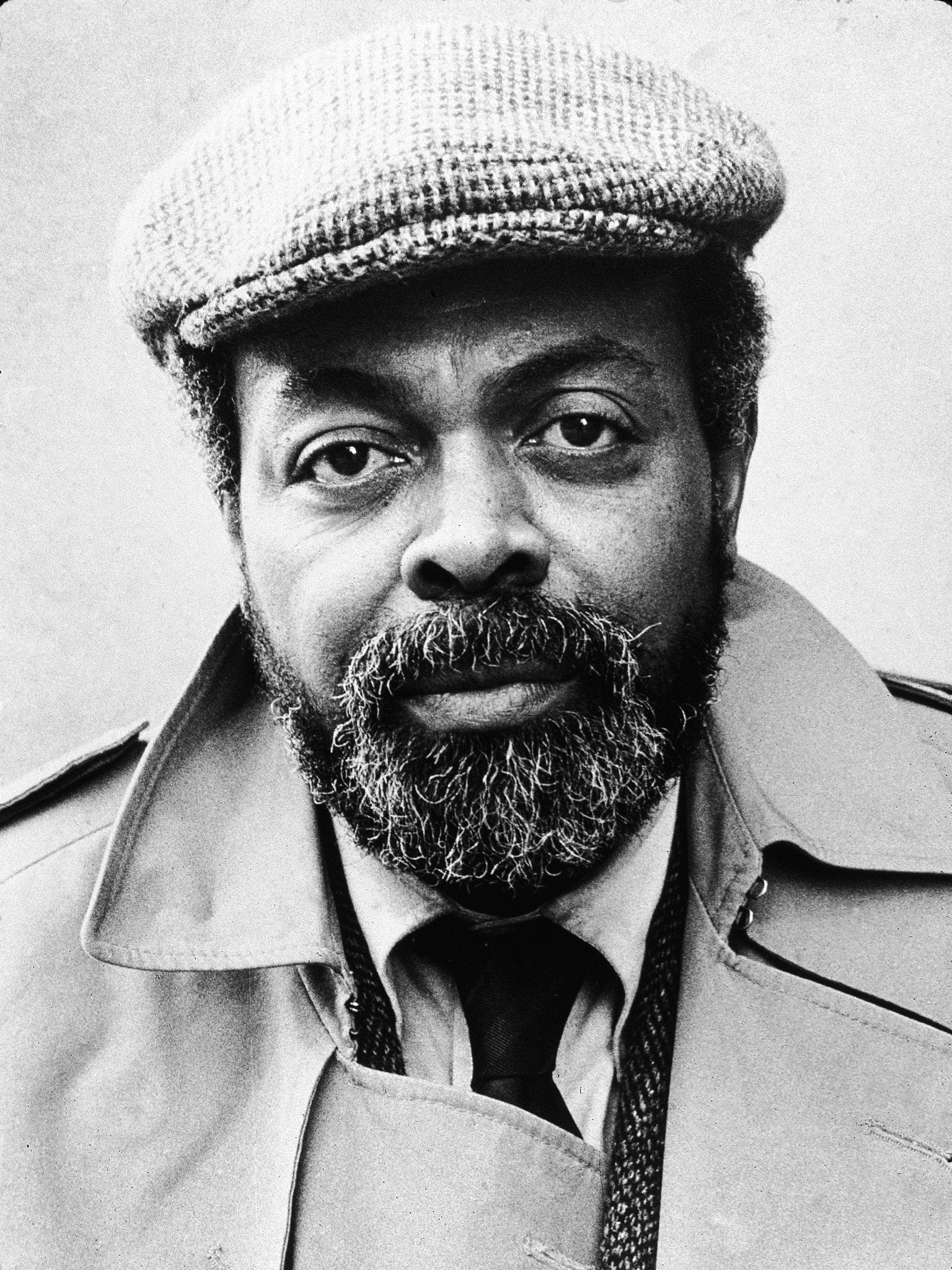Poet and playwright Amiri Baraka dies in Newark aged 79
The writer formerly known as LeRoi Jones died in hospital in New Jersey

Amiri Baraka, the tireless activist and writer, has died aged 79 in hospital in New Jersey.
Baraka was placed in intensive care at Newark Beth Israel Medical Centre last month, where he died on Thursday, his booking agent confirmed.
According to local media, it was not immediately clear what caused Baraka’s death, but he had long struggled with diabetes.
Formerly known as LeRoi Jones, Baraka was a key member of the Black Arts movement, a lecturer, and a prolific writer who penned poems, short stories, essays, plays, music critiques and jazz operas.
His best-known works include poetry collections The Dead Lecturer; the play Dutchman; and Blues People: Negro Music in White America, a highly regarded historical survey of music accompanied by social commentary.
Baraka’s immersion in spoken word traditions and raw street language anticipated rap, hip-hop and slam poetry.
Born Everett LeRoy Jones, in 1934, he grew up in a racially mixed neighborhood in Newark. Showing early talents for sports and music, he won a scholarship from Rutgers University but transferred to leading black college, Howard University.
Quitting to join the US Air Force, he was soon discharged for having too many books, among other transgressions.
By the late 1950s he had settled in bohemian Greenwich Village. There he adopted the named LeRoi Jones, and met fellow Beat poet Allen Ginsberg and writer Hettie Cohen, who became his wife. They had two children together.
He later married Sylvia Robinson, whose name became Bibi Amina Baraka. The couple had five children.
The Cuban revolution, the assassination in 1965 of Malcolm X and the Newark riots of 1967, when the poet was jailed and photographed looking dazed and bloodied, radicalized him. Still known as Jones, he divorced Cohen, and moved to Harlem where he renamed himself Imamu Ameer Baraka “spiritual leader blessed prince”.
Baraka is credited with organising the 1972 National Black Political Convention and founding community groups in Harlem and Newark, the hometown to which he eventually returned.
He later taught at Yale University and George Washington University and spent 20 years teaching at the State University of New York in Stonybrook. He received numerous grants and prizes, including a Guggenheim fellowship and a poetry award from the National Endowment for the Arts.
Baraka was denounced by critics as buffoonish, homophobic, anti-Semitic and demagogic. But was called by others a genius, a prophet and the "Malcolm X of literature".
Poet and playwright Ishmael Reed credited him with encouraging artists of all backgrounds and enabling the rise of multiculturalism.
According to the NJ News, Newark City Council President Mildred Crump, a longtime friend of the Baraka family, said the world "lost one of its pre-eminent literary figures today".
"Not only has New Jersey, but the United States of America, lost a great human being. He was a legend in his own lifetime," Crump said. "It is such a loss, such a great loss."
Additional reporting by Associated Press
Subscribe to Independent Premium to bookmark this article
Want to bookmark your favourite articles and stories to read or reference later? Start your Independent Premium subscription today.

Join our commenting forum
Join thought-provoking conversations, follow other Independent readers and see their replies